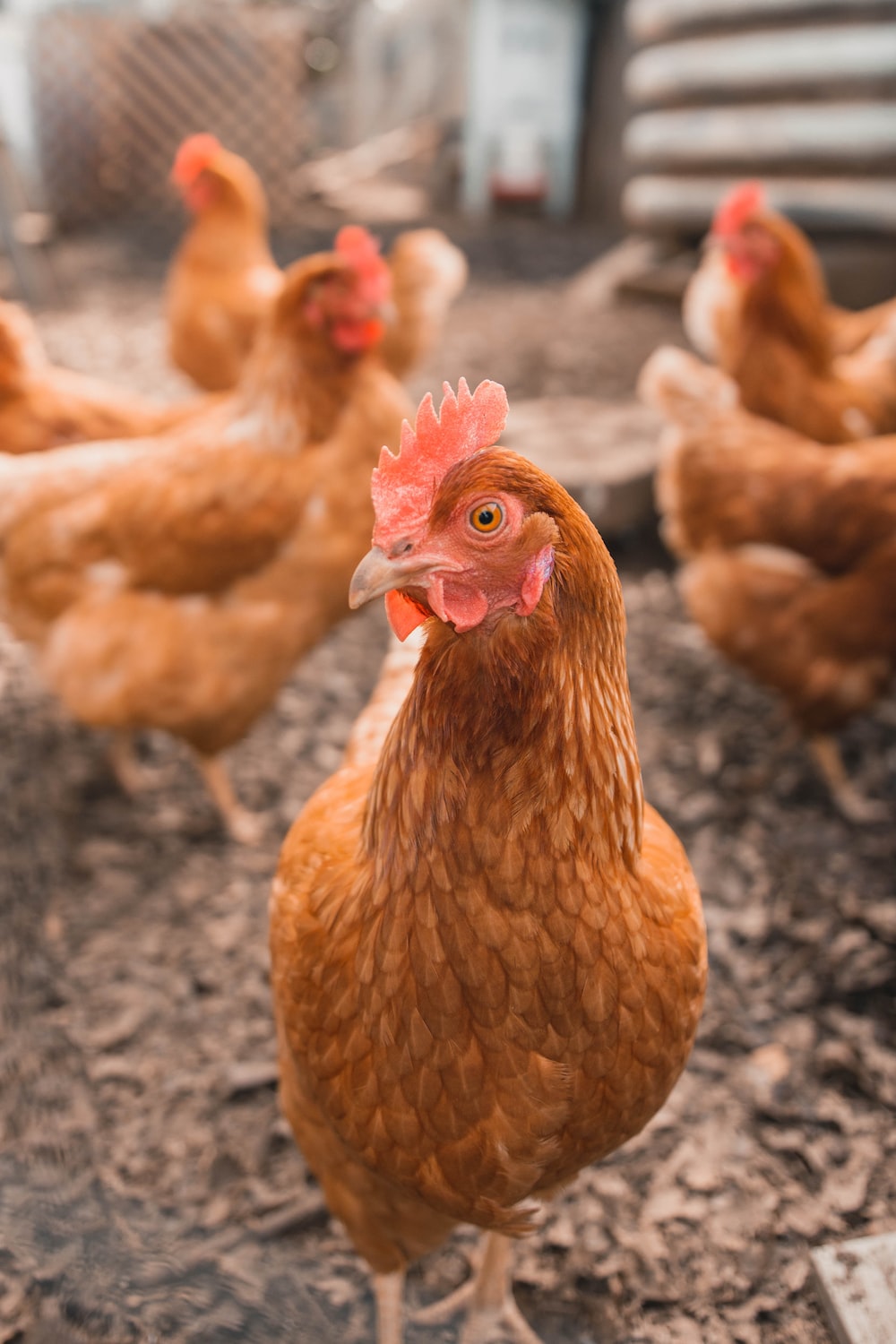A Sweet Symphony of Nature and Commerce
Bee-keeping, also known as Api-culture, is not just an age-old practice but a thriving art that integrates seamlessly into various agricultural, wildlife, and forestry projects. It is a versatile activity accessible to people of all ages and professions, offering a harmonious blend of ecological benefits and economic opportunities. In this blog, we delve into the fascinating world of bee-keeping, exploring its multifaceted contributions to income generation, food production, and the environment.
The Bee-Keeping Experience
Bee-keeping centers around the management of bee hives and colonies, primarily focusing on the species Apis mellifera cutellata. Remarkably, bee-keeping is inclusive, welcoming individuals of any age, gender, or profession. This art provides not only a source of income but also a bounty of food in the form of honey. Honey, with its simple sugars easily assimilated by the body, serves as a quick energy source. Additionally, honey finds versatile uses in cooking, sweetening beverages, wine-making, wound dressing, and even in the production of honey beer.
Beyond honey, bee-keeping yields beeswax, a valuable substance with industrial applications. Beeswax is employed in the creation of cosmetics, candles, polishes, and pharmaceuticals. It plays a pivotal role in strengthening and waterproofing threads for sewing and serves as bait for attracting bees to newly installed hives. Another byproduct, propolis, acts as an antibiotic and hive sealer, further highlighting the myriad uses within the bee-keeping ecosystem.
Economic Benefits of Bee-Keeping
Honey and beeswax are not just products; they are valuable sources of income. Bee-keepers can market these products locally, and the surplus can be exported to contribute to foreign exchange. The demand for clean and pure honey is high, offering a lucrative market for bee-keepers. While the market for beeswax may be smaller, African beeswax is highly esteemed, presenting excellent prospects for Malawi's bee-keeping products.
Advantages of Bee-Keeping in Agriculture
Bee-keeping stands out among agricultural activities due to several advantages:
i) Minimal Land Requirement: Bee-keeping requires little land, and the quality of the land is not a critical factor. It utilizes the land without causing harmful effects.
ii) Non-Competitive: Bee-keeping does not compete for resources with other enterprises. Bees collect nectar and pollen from plants, contributing to the pollination of flowering plants.
iii) Low Investment and Technology: Bee-keeping does not demand high investment or complicated technology. All necessary inputs can be locally sourced, making it accessible to a broad spectrum of individuals.
iv) Ecological Role: Bees transfer pollen from one plant to another, enhancing the yields of many flowering plants. They play a crucial ecological role in the ecosystem.
v) Inclusive and Low Energy Intensive: Bee-keeping is not an energy-intensive farm activity, making it accessible to anyone, irrespective of age, gender, or profession.
Ideal Conditions for Bee-Keeping in Malawi
Malawi provides excellent conditions for bee-keeping, especially in natural forest areas, Eucalyptus spp. forest plantations, and agricultural areas with interspersed woodlots featuring melliferous plants (plants favored by bees). The demand for Malawi's honey is high, and with the increasing appreciation for African beeswax, the outlook for the country's bee-keeping industry is promising.
Bee-keeping transcends a mere agricultural practice; it is an art that weaves together nature, commerce, and community. As individuals across Malawi embrace the art of bee-keeping, they not only tap into economic opportunities but also contribute to the ecological balance and biodiversity of the region. With the sweetness of honey and the versatility of beeswax, bee-keeping emerges as a sustainable and rewarding endeavor, embodying the delicate dance between humanity and nature.





 Formulate Feed
Formulate Feed
Comments
Be the first to comment . You must be logged in to post a comment